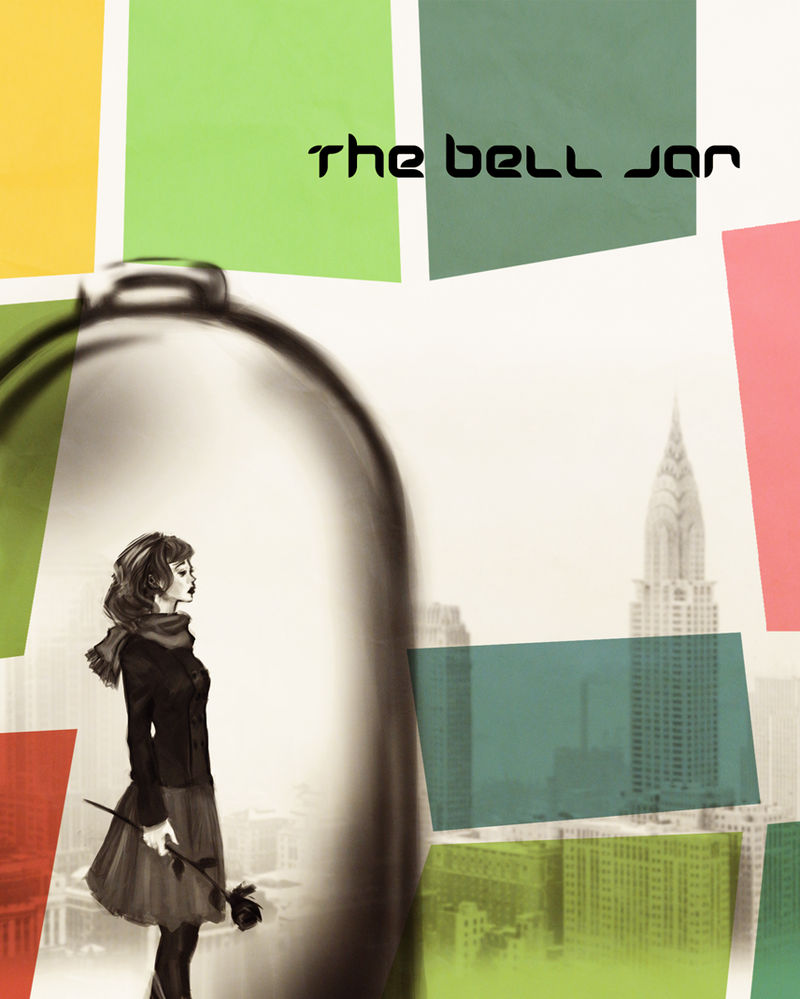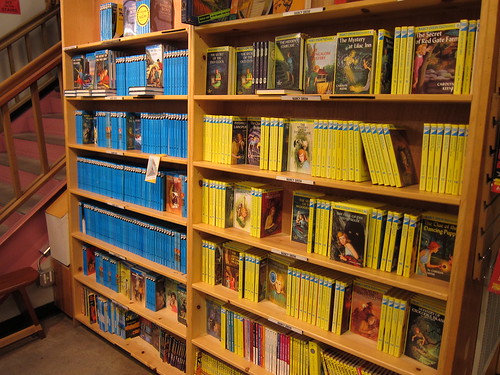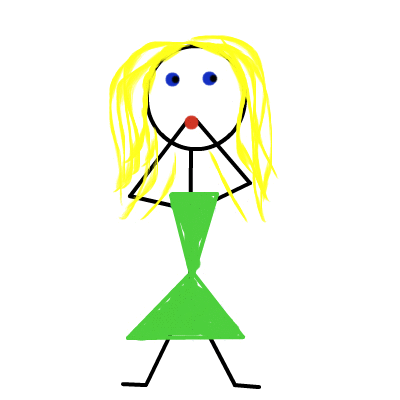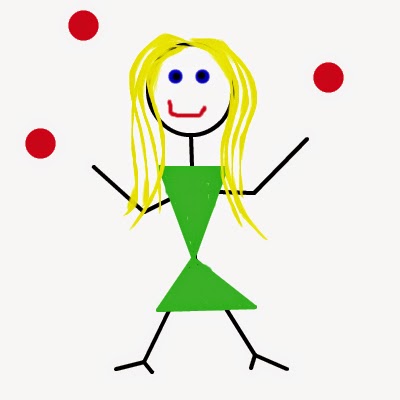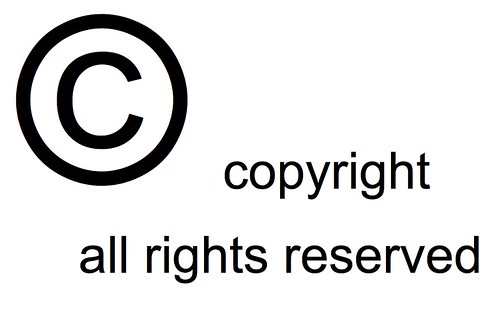If I told you that I'm about to write a book about a suicidal girl with writer’s block who obsesses about the execution of strangers, you might decide right away that you aren't going to read that book because it sounds depressing. Well, the fact is that this is already a book,and you are absolutely right. It's one of the most depressing books ever written, and everyone knows it. Sylvia Plath was depressed and suicidal, and she wrote the book about it.
When it Shouldn't Work
Seriously, "The Bell Jar" is $&@!ing dark. At one point in the story, the main character goes around asking people how they would kill themselves. The book is so linked with depression, "bell jar" has becomes synonym for being depressed. And from a publishing standpoint, that really doesn't sound like a story that should work. But it did. Sylvia Plath's book is a big bestseller that's still read today. I own two copies of the damn thing, in fact. And I know exactly why this totally depressing book worked so well.





